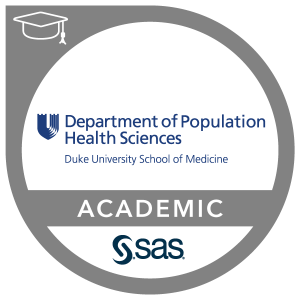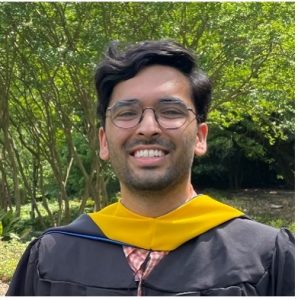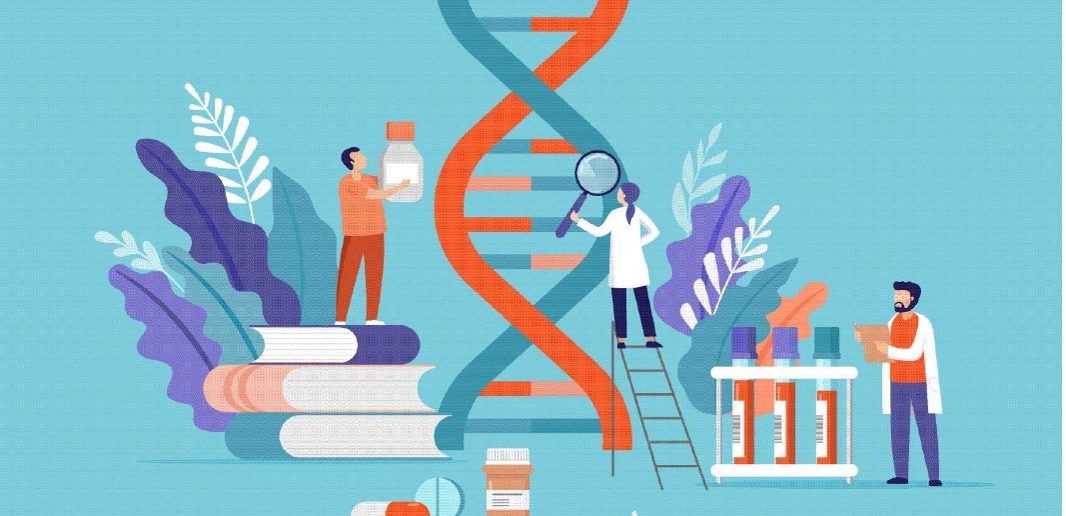Creating population health experts with strong analytical skills can make a significant impact in advancing health goals.
That's why Duke University’s Department of Population Health Sciences (DPHS) master’s program is partnering with SAS to equip students with the skills they need to not only implement patient-level decisions and system-level change but to also gain a deep understanding of statistical modeling and earn their SAS Academic Specialization at the same time. DPHS in partnership with SAS provides extremely valuable opportunities for students to apply the concepts learned in the classroom to solve real-world business problems.
“One example is applying the programming skills and statistical concepts learned in our first-year courses to query and run analyses on data from the North Carolina Health Information Exchange, which contains records from more than ten million patients in the state,” says Aikya Soni, who graduated with his master’s degree in population health sciences from Duke in 2021.
Training students to create system-level changes
There's been a significant push by the health care industry to use data in making individual patient-care decisions. However, population health looks beyond the individual to create system-level changes, a need that’s become even more important in recent years.

“Public health crises, like COVID, have shown the chronic disparities and inequities that exist within our communities,” says Sarah Newton, a health care industry consultant for SAS. “Population health programs like the one at Duke train students to mine data for answers to some of these critical issues facing society and then to apply it to create evidence-based policies.”
Newton, a health policy expert, understands first-hand the importance of population health programs on society at large and has a passion for using data to drive better health care policy. She's spent 15 years working in public health and health policy.
“From a public health perspective, we're often making our best guess at solutions to complex problems instead of looking at data to drive our decisions,” Newton says. “COVID showed us, among many other things, that our technology solutions couldn’t make proper use of the data that was coming in rapidly.”
For individuals like Soni, population health provides a meaningful opportunity to impact society.

“Since childhood, I had aspirations of becoming a physician, but realized over the course of my undergraduate studies at Duke, that I'm really passionate about improving the access to and quality of care in our health care system,” Soni says. “Then, after graduating and starting to work in pediatric psychiatry at Duke, I realized that I enjoy working in an operational context to improve processes within clinical settings and that I'm more interested in areas like health care delivery and value-based care than I am in clinical medicine. Shortly after that realization, I learned about the DPHS master's program and decided to apply -- right before the application deadline -- and the rest is history.”
Bridging technology and theoretical concepts in the real-world
While in the DPHS program, Soni had the opportunity to intern with SAS as part of Newton’s government health care policy team. He found his internship extremely helpful in giving a real-world context to the theoretical concepts he learned in class.
“I was able to use what I learned in my courses about Medicare and Medicaid to think through what types of analyses and elements would be helpful for a state Medicaid reporting dashboard that could then be used by various government entities across the country,” he explains. “I'm excited by the advancements in technology and access to health care and social supports that allow us to more holistically capture the picture of a person's health. As entities in the health care, social services, and even e-health/IoT/medical device industries, start coming together and synthesizing their data, I think we have a unique opportunity to truly understand the full picture with someone's health and how to intervene in order to give them the best chance of living a healthy life.”
Upon graduating from the DPHS program, Soni accepted a position with the health care start-up, Stellar Health, where he helps primary care physicians improve the quality of care they provide their patients using metrics and guidelines provided by the Centers for Medicare & Medicaid Services (CMS).
“I use the analytical skills I cultivated in the DPHS program and during my SAS internship every day to assess how physicians are performing in closing their patients' open gaps in care."
- Aikya Soni, Duke University graduate and health care professional
It’s students like Soni who demonstrate how impactful the partnership between Duke DPHS with SAS can be in producing “unicorns” in the health care space.
“We have a lot of data scientists out in the world but not nearly enough health care data scientists who can not only understand and work with data but also can view that data under a health care lens,” says Newton. “Individuals, like Aikya and his peers, who can do both will continue to be highly sought-after moving forward.”


1 Comment
It's great to see someone like Soni apply what he learned to his new role. It was a pleasure to have him work with the health policy team during his internship and I know we have another strong SAS user in the field! Congrats Soni!